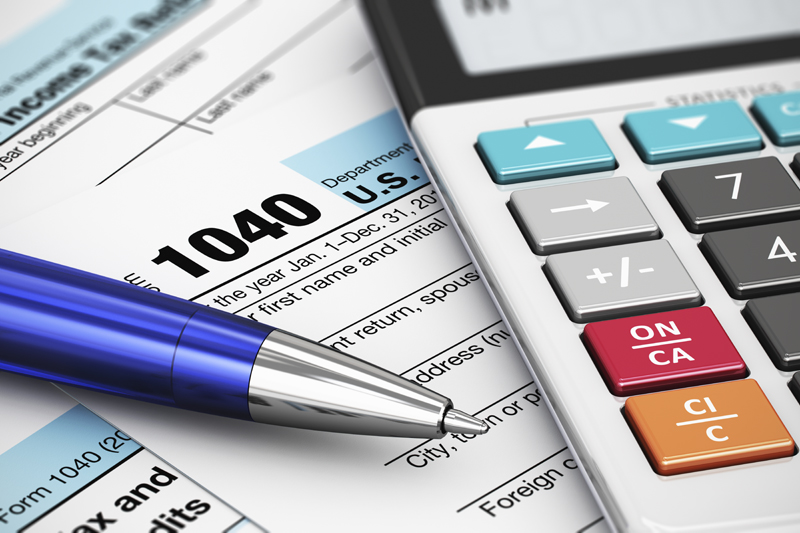How does earned income impact an IRA contribution?
April 15, 2015 by Dave Du Val, EA
Hey Dave,
Without discussing it with me, my wife made a $5,000 contribution to her IRA in August last year. Through using TurboTax, we learned that we don't have the earned income to support a deduction for this contribution, and we have an “excess” contribution of about $4,600 and that we will pay a $274 penalty each year that the contribution stays in there.
Questions:
- Can we just leave the money in there and not claim the contribution?
- Can we withdraw it now before the filing date?
This was a big surprise to us, the earned income factor.
I thought I would be done with taxes today, but now this wrinkle appears. It would seem legal just to leave it in the IRA account but not claim any deduction for the contribution. We’re fine with that but we don’t want to do something illegal.
Dang, they make it hard on people. I’m so glad I’m a TaxAudit customer.
Thank you and best regards,
Sam
Sam,
The unknown is what makes life interesting, even if it is not fun.
If you leave the contribution in the account, it will continue to be considered an excess contribution and generate a six percent excise tax every year until you have sufficient earned income to allow you to apply the excess to a contribution in a future year. Therefore, you have two choices: (1) pay the tax each year and apply the excess to a future year contribution when eligible, or better (2) remove the excess contribution. You have until the due date of the return, including extensions, to remove the excess contribution from the account. And this second choice is easy to do, and financial institutions certainly understand this.
If you decide to remove the contribution, we suggest that you advise your financial institution and complete the necessary paperwork to withdraw the excess contribution. The amount that must be removed is not likely to be exactly $4,600, as the excess contribution amount will need to be adjusted for any earnings or losses attributable to it.
Your financial institution will be able to calculate how much the actual withdrawal should be once you let them know that you need to withdraw an excess contribution. You will likely receive a 1099-R from the financial institution early next year showing any taxable amount of the distribution. If your wife is under the age of 59 ½, any related IRA earnings withdrawn with the excess distribution amount will be subject to the 10% additional tax on early distributions.
Be sure you keep all records relating to this withdrawal in case the IRS questions it at a future time.
Deductibly Yours,
Dave





